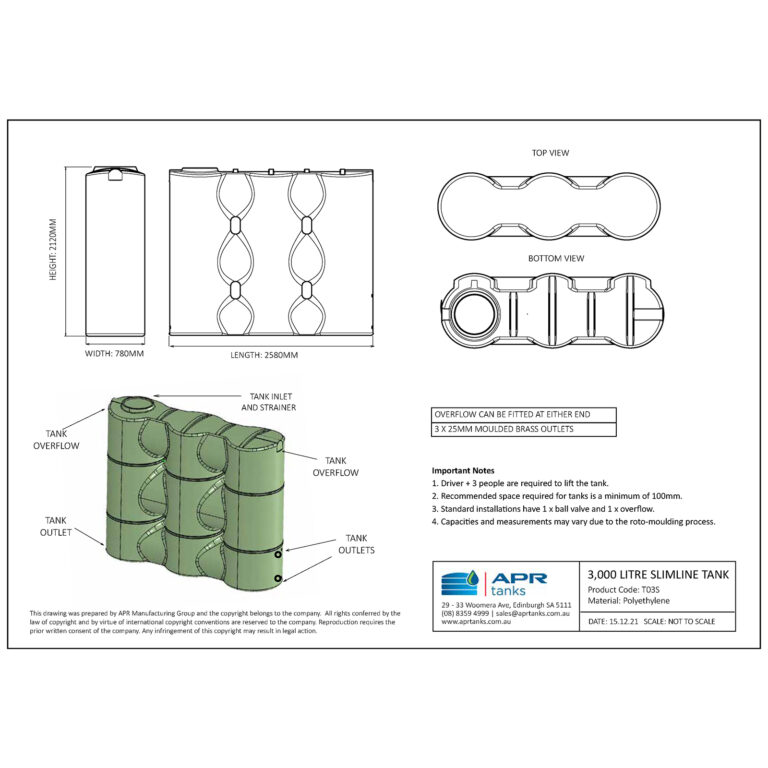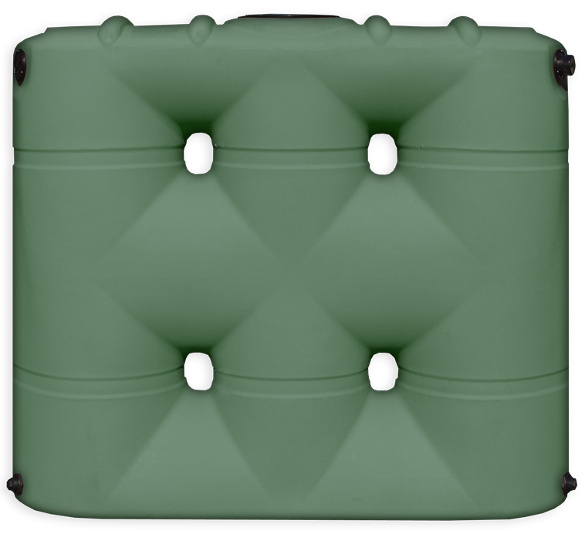Discover the Benefits of Slimline Water Tanks for Space-Saving Storage
Discover the Benefits of Slimline Water Tanks for Space-Saving Storage
Blog Article
Exploring the Different Uses Rainwater Containers for Residential and Commercial Features
As the international concentrate on sustainable living methods continues to increase, the utilization of rain tanks in both household and commercial setups has arised as a significant option. These containers use a tank for rainwater harvesting, providing a myriad of potential applications that extend far beyond mere storage space. From irrigation to commode flushing and landscape design, the flexibility of rain containers is vast. Furthermore, their combination right into commercial properties opens a realm of possibilities for ecologically mindful organizations. The diverse uses rain tanks present a compelling situation for their fostering, not only as a functional water-saving action however likewise as a testimony to liable source monitoring.
Advantages of Making Use Of Rain Containers
Using rainwater containers uses various benefits for both homes and neighborhoods in terms of water conservation and sustainability. Among the crucial benefits of making use of rainwater containers is the significant decrease in reliance on keys water system - Slimline water tanks. By capturing and saving rainwater for later usage, individuals and areas can decrease their demand for treated water, ultimately alleviating the worry on water treatment centers and decreasing power consumption linked with water transport and therapy
Furthermore, rain harvesting via tanks offers a reliable different water source throughout times of water constraints or lacks. This saved rainwater can be utilized for numerous non-potable purposes such as watering, purging toilets, and cleaning garments, decreasing the pressure on traditional water resources. Additionally, utilizing rain tanks can bring about cost savings for both houses and neighborhoods by lowering water costs and decreasing the requirement for pricey infrastructure developments to meet growing water demands.
Essentially, the application of rain containers uses a lasting and environmentally friendly method to water administration, profiting both specific users and the broader neighborhood in terms of water preservation, cost-efficiency, and durability.
Rain Container Use in Watering
Offered the advantages of rain tanks in conserving water resources and reducing reliance on mains supply of water, a considerable application exists in making use of saved rain for watering functions - Slimline water tanks. Rain gathering systems can successfully gather and save rainwater, providing a sustainable water source for sprinkling yards, yards, and agricultural areas. By using rainwater for irrigation, homeowner can minimize their dependence on treated water resources, bring about cost savings and ecological benefits

One of the main benefits of using rain for watering is its pureness. Rain is naturally soft and devoid of the chemicals and ingredients frequently discovered in mains water, making it ideal for beneficial plants without the risk of dangerous impacts. Additionally, rain goes to ambient temperature level, which can benefit plant development by preventing temperature shocks that can occur with cool keys water.
Rainwater Storage Tanks for Commode Flushing

Implementing rainwater storage tanks for commode flushing is an economical and eco pleasant practice that can be quickly integrated right into both residential and commercial homes. The stored rainwater can be made use of to flush toilets by connecting the container to the existing plumbing system. This straightforward yet efficient solution can dramatically decrease water intake in a structure, especially in areas where water shortage is a concern.

Incorporating Rain Containers in Landscape Design
These storage tanks can catch and store rainwater runoff from roofs, which can after that be made use of for sprinkling gardens, lawns, and plants. By making use of rain for watering purposes, residential or commercial property owners can decrease their reliance on community water resources, leading to cost savings and preservation of precious water resources.
Along with offering a lasting water source for landscape design demands, rain containers can likewise help in handling stormwater drainage. By capturing rain that would certainly or else move into tornado drains, these storage tanks check can minimize disintegration, minimize flooding risks, and stop air pollution of all-natural water bodies. Additionally, including rainwater storage tanks in landscaping can add to the general aesthetic allure of the building, showcasing a commitment to ecological stewardship.
Business Applications of Rain Tanks
Utilizing rain storage tanks in commercial setups offers a sustainable remedy for water management and preservation, benefiting companies and the atmosphere alike. Business applications of rain tanks are diverse and increasingly preferred due to the cost savings and environmental advantages they supply. One crucial commercial usage is for watering purposes, where gathered rain can be used to water landscaping, yards, and farming areas bordering business residential or commercial properties. This can bring about substantial decreases in water costs and dependence on municipal water resources.
Furthermore, rainwater collected in see page containers can be dealt with and used for non-potable purposes within business residential properties, such as flushing bathrooms, cleaning, and cooling down systems. In general, the incorporation of rain storage tanks in commercial setups provides a practical and eco responsible method to water monitoring.
Conclusion
To conclude, rainwater containers provide numerous advantages for both domestic and business residential properties. From irrigation to commode flushing and landscaping, the usage of rainwater storage tanks can aid conserve water resources and lower water costs. Additionally, integrating rain containers in business setups can result in substantial cost financial savings and environmental advantages. Overall, the adaptability and sustainability of rain tanks make them a useful investment for any type of property owner wanting to boost water effectiveness.
Report this page